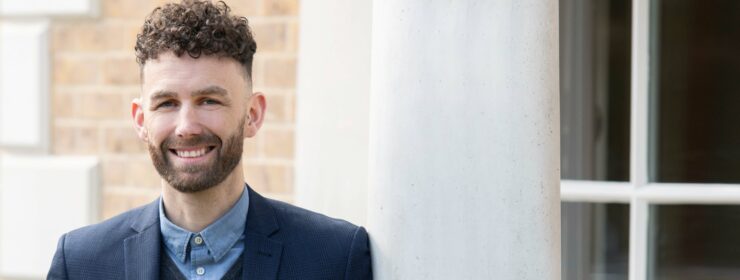The issue of vaccinations has never been more in the spotlight, as the country presses on with the roll out of the biggest vaccination programme in its history, to protect people against COVID-19.
But what about the vaccinations we are all asked to have during our childhood? Will the courts force parents to arrange vaccinations for their children? What about the COVID-19 vaccinations?
Routine childhood vaccinations
The issues of vaccinations in children was recently considered by the courts in 2020 in a case known as Re H. The court indicated:
- vaccinations are not compulsory
- however, scientific evidence now clearly establishes that it is in the best interests of children to be vaccinated in accordance with Public Health England’s guidance. This is unless there is a specific contra-indication in an individual case
- the administration of a standard or routine vaccine cannot be regarded as being a serious or grave matter. This is unless specific features in respect of that child should be taken into account
- parental views regarding vaccinations must always be taken into account, but the matter is not to be determined by the strength of the parental view. This is unless the view has a real bearing on the child’s welfare.
COVID-19
Children are not currently due to receive one of the COVID-19 vaccinations on offer. This is due to the fact the vaccines have not been tested on children and there is only limited data on adolescents, because of them having a lower risk of being badly affected by COVID-19. The Joint Committee on Vaccination and Immunisation has indicated that only older children at very high risk of exposure and serious outcome, like those with severe neuro-disabilities that require residential care, will be offered a vaccination at this time. If this changes, it could lead to a number of disputes as to whether children should have the vaccine.
So, will the court decide my child must be vaccinated?
Re H was not a case specifically about the COVID-19 vaccinations and instead about routine childhood vaccinations. The recent decisions in the cases considering childhood vaccinations, including those that came before Re H, were based on a significant body of medical evidence, considering the efficiency of a number of childhood vaccinations over a long period.
However, currently, there is a lack of information to the efficacy or risks associated with vaccinating children against COVID-19. This information may become available in time. Until it does, there is a stark contrast between the position of COVID-19 vaccines and routine childhood vaccines. As a result, it may be that the court adopts the previous approach, which was to consider the pros and cons associated with the COVID-19 vaccines. This would include looking at the risks associated with the vaccines and considering the welfare of-v-the risk to the child. Such an approach would almost certainly require expert evidence.
However, Re H was heard in the COVID-19 time and the court was aware that vaccines were in the process of being developed. Therefore, the court gave some guidance for the future by stating that it would be difficult to foresee a case in which a vaccination approved for use in children against COVID-19, would not be endorsed as being in a child’s best interests. This is unless there was a development in credible medical evidence that questioned the safety or efficacy of the COVID-19 vaccines or there is a specific contra-indication specific to an individual child.
COVID-19 vaccinations – In light of what was said in Re H, it would appear unlikely that the COVID-19 vaccines, if they are eventually given to children, would not be considered to be in their best interests. Only time will tell and we will not know the answer for sure until the court is asked to consider a case relating to a dispute for a COVID-19 vaccination in children.
Childhood vaccinations – They are generally considered in the child’s best interests unless there is a specific reason why this is not the case, which is accepted by the Court. Therefore, the court may order that your child be vaccinated.
For further information and advice please contact Tom Wright or another member of the Family Team.
The content of this article is for general information only. It is not, and should not be taken as, legal advice. If you require any further information in relation to this article please contact the author in the first instance. Law covered as at February 2021.








